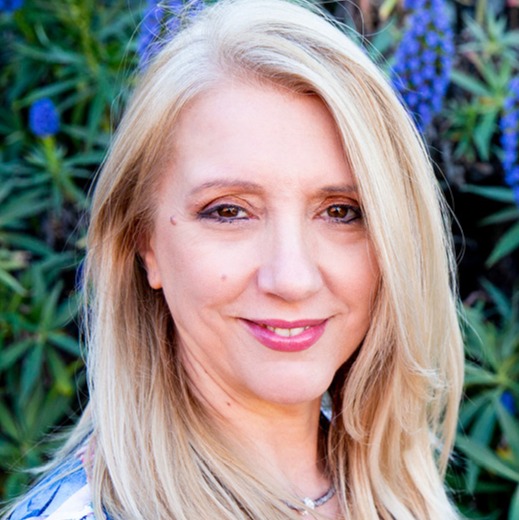
When you think of hugging, what images pop into your head? Does the idea of a hug make you think of a child running into your arms, or a little puppy jumping into your lap? Maybe you think of your significant other or a very dear friend. Whatever the case, hugging is good for you! Science has given us a greater understanding of how activities like hugging affect our brains and our wellbeing
Research has long shown that nonsexual physical touching such as hugging or hand-holding is important to show empathy and caring towards others. Lab studies typically find that touch lowers the effects of pain, activates autonomic pathways and the brain. More recent research has been trying to answer the question if hugs help lower stress, and the results are promising (Cohen, 2015).
Hugs can lower your blood pressure, especially in times of high anxiety. When you hug someone, you'll have increased levels of oxytocin. Romantically called the "love hormone," oxytocin is produced in the hypothalamus. Oxytocin can modulate stress hormones like cortisol, so you will feel less stressed when you have higher oxytocin levels.
Science can help explain what hugging does for us chemically, but it's hard to quantify how hugging makes you feel. When you have a long or frustrating day at work, does a hug from someone at home make you smile?
Maybe it's your loyal pets running when they hear you open the door, ready to launch into your arms. That touch, that connection with another living being, can help lift the spirits of nearly anyone.
A balanced and functional brain is essential to optimise your personal and professional lives. You have to find the balance between all of the demands on your time-work, family, hobbies, time to relax, time to sleep, and so on. Taking a moment to hug someone will bring you a little stress relief, and it's a two-sided gift because the person that you hug will get the benefits, too.
Making of hugging a daily practice is one of the activities you can undertake to stay in balance. Balance is one of the main pillars of the i4 Neuroleader Model. Achieving a state of brain & body balance is necessary to developing optimal performance.
We need four hugs a day for survival. We need eight hugs a day for maintenance. We need twelve hugs a day for growth.
Virginia Satir
Even if you feel like you are a 'hands-off' kind of person, hugging will still make you smile and relax a little. Try to make an effort to hug your children a few extra times a day, or embrace your partner when you get home, or just out of the blue.
The human touch has been shown by science to be beneficial, so pass it on. In this fast-paced 'always-on' world, you need to slow down a minute and appreciate the people (and furbabies!) that make your life worthwhile.
Citations
Cohen, S., Janicki-Deverts, D., Turner, R. B., & Doyle, W. J. (2015). Does hugging provide stress-buffering social support? A study of susceptibility to upper respiratory infection and illness. Psychological Science, 26(2), 135–147. http://doi.org/10.1177/0956797614559284
These Stories on Performance

Founder & CEO
About my Brain Institute
Scientist, educator, author, speaker, coach, award-winning leadership specialist, filmmaker and creator of the i4 Neuroleader Model & Methodology.
Silvia's scientific background and curiosity about the human brain led her to a decade long journey of research into optimal brain functioning and the application of neuroscience in leadership and daily life. Her past and current roles have uniquely prepared her for the current undertaking, that of leadership activist & change agent.
Silvia Damiano founded The About my Brain Institute in 2009, with the purpose of democratising leadership & neuroscience. She has a passionately held belief, that leaders in our 21st century global economy and their organisations must radically change long-held ideas of what constitutes effective leadership
In her ground-breaking books ‘Leadership is Upside Down’, ‘Brain-Friendly Leadership’ and the 2018 documentary ‘Make Me A Leader’, Silvia provides both compelling evidence and explores the importance of leadership in our personal and professional lives and what it takes to develop the human behind the leader.
Silvia has worked in different countries, across many industries, helping teams and organisations improve business performance. Silvia’s clients have described her as a passionate, dynamic, a highly experienced speaker and master facilitator on the topics of Emotional Intelligence, Cultural Change, Neuroleadership & Engagement.
Silvia is passionate about leaving a legacy of well-rounded leaders who can act and decide in a way that better serves humanity. Her clients include Microsoft, Australian Stock Exchange, NSW Government, VISA, Fuji Xerox and Manpower amongst many other global companies.
Monday to Friday
9:00am - 5:00pm (AEST)
Sydney, Australia
We reply within 48 hours!
General Business Enquiries:
hello@aboutmybrain.com
Technical Support:
support@aboutmybrain.com
No Comments Yet
Let us know what you think